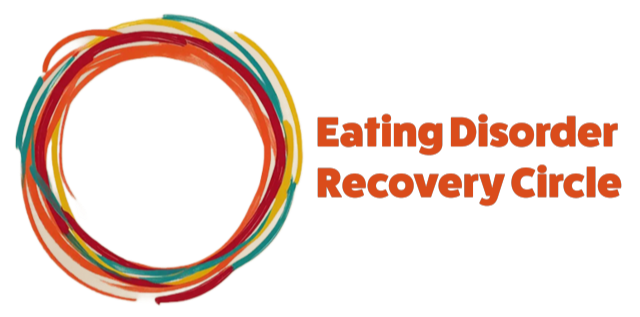This week we tackled three big fears: “My bloods are normal—am I actually okay?”, “Does eating freely just mean chaos and weight gain?”, and “Do recovery guidelines still apply if my BMI is higher?”
These are honest, complicated questions. They deserve clear, compassionate answers.
Let’s get into it.
1) “My blood work is normal. Does that mean I can keep eating the same 3–5 foods?”
Cass has lived with anorexia for decades and has been rotating the same three to five foods daily for almost a year. Her bloods look “fine,” which makes her wonder if this is safe.
-
Blood tests are a snapshot, not the full picture. They don’t show what’s happening in bones, muscles, organs, brain, or nervous system. In restriction, the body adapts by robbing deeper stores to keep labs looking normal—until they don’t.
-
Normal bloods do not equal genuine health. They can remain “normal” right up to a crisis while resilience, repair capacity, digestion, mood, hormone balance, immunity, and quality of life erode underneath.
-
Variety is essential. The gut needs diverse fibres and textures; the brain and hormones need a full spectrum of fats, proteins, and micronutrients. Variety also nourishes safety, freedom, and joy around food.
-
The fact you’ve bent the rules on special occasions proves a part of you can do this. Let that part lead.
What to do:
-
Add one new food at a time—one more colour on the plate, one different texture each day.
-
Aim for three meals + three snacks as a steady scaffold.
-
Let the goal be a life worth living, not just “passing” a blood test.
2) “Is eating freely real—or do people just control themselves to avoid weight gain? Does set point actually work?”
Katie wonders if “food freedom” is simply another form of control, pointing to people who eat without restraint, gain weight, then “rein things in.”
-
The idea that freedom = “eat anything, all the time, forever” is a false, all-or-nothing frame the eating disorder loves. True freedom isn’t chaos; it’s attunement.
-
When the body feels safe and well-fed, regulation emerges: hunger rises and falls, cravings diversify, satisfaction arrives sooner, metabolism adapts. Over time, the body asks for balance—not from rules, but physiology.
-
If freedom still feels like a threat, there’s usually restriction (physical or mental) in the background. When safety returns, “junk vs. healthy” polarities soften; pizza and cake can coexist with soup, fruit, grains, and everything in between.
-
Set point is a range, and the body is wired to protect it. Diet culture teaches people to fight that range, which creates the very instability they fear.
What to do:
-
Focus on consistent nourishment and removing moral labels from food.
-
Practise listening and responding: what do I genuinely want and need now?
-
Expect cravings to change over time as safety deepens.
3) “I’ve started three meals a day but feel bloated and full. My BMI is near ‘overweight’—do recovery guidelines still apply?”
Anna has added three meals for just over a week after months of cramming most intake into one meal. She feels bloated, fears weight gain, noticed a higher BMI, and wonders if she’s eating too much.
-
Bloating, fullness, food thoughts and wobbly cues are part of early healing, not proof you’re doing it wrong. Digestion is sluggish after restriction; hunger and fullness signals take time to return.
-
Months of one-meal intake is a stressor. Spreading food across the day is a win, and the body will test whether it’s safe to rely on regular feeding.
-
BMI isn’t a measure of individual health or recovery needs. It ignores trauma history, muscle mass, metabolic suppression, compensation, duration of restriction, and so much more.
-
Weight gain does not mean you’re “overeating,” that you should compensate, or that you’re done healing. Recovery isn’t a number—it’s peace with food, reliable cues, and the ability to rest without guilt.
What to do:
-
Keep the three meals + three snacks minimum.
-
Ditch the scales—they hijack recovery and don’t guide healing.
-
Be curious, not critical: food thoughts are data that your body/brain aren’t safe yet—keep feeding and resting.
-
Allow your body to do what it needs while trust builds.
You Are Doing It
Normal labs aren’t the whole story. Food freedom isn’t chaos. And BMI doesn’t decide whether recovery applies to you.
Recovery is rebuilding safety, trust, and attunement—one meal, one new food, one kind choice at a time.
You are not broken. You are becoming.
And we’re right here with you.
Recent Posts

